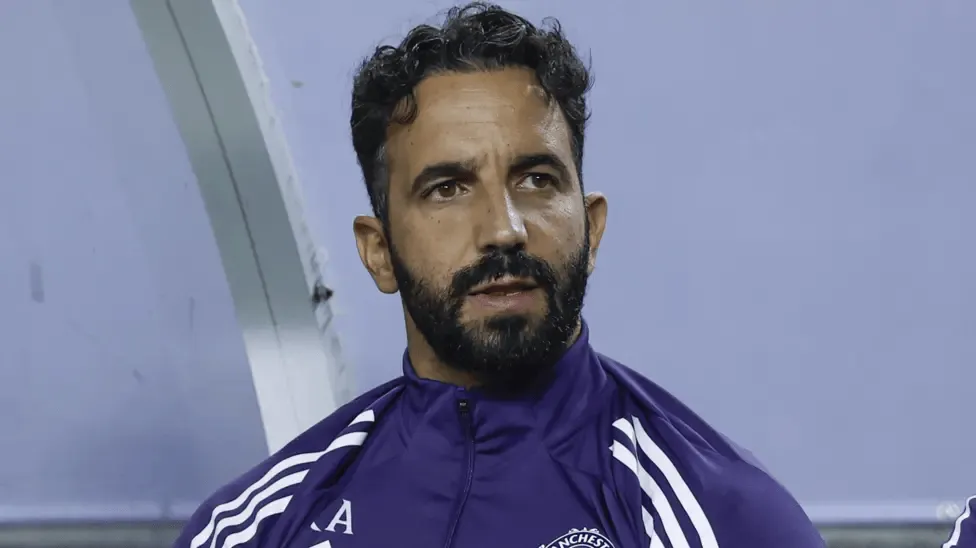
During his time leading Manchester United in pre-season preparations in the United States, manager Amorim gave an interview to Camel Live, where the Portuguese coach discussed topics and developments related to the club.
On the team’s performance last season
To be honest, this isn’t the way I’m used to coming home after games, because I felt we struggled at times. All the struggles we faced in matches—I’ve felt them before.
That’s the hardest part: watching the games and knowing we wouldn’t be competitive—it really frustrated me.
Sometimes, when you lose, you might think about lowering our standards a bit to get them (the players) on board with me. But now they understand that when I say something, I follow through. I don’t treat players like babies. But they now have rules, and these can change your approach to training. I’m always at the forefront of that.
On the club’s leadership group
Nowadays, we’ve set up a leadership group, and it isn’t just Bruno Fernandes or just Harry Maguire—there are six people in total, and these six are responsible for the overall operation of the team. Last year, I handled some matters personally, but this year, I told them to take charge of the small details and shoulder the corresponding responsibilities. I think these subtle adjustments are having a positive impact on the entire team.
On communication with club executives
Bellavista and Wilcox share the same views as me on all aspects where the team needs changes. Of course, the manager’s role is crucial. If the manager isn’t willing to cooperate, many things really struggle to move forward. But I feel the team is now more organized—everyone knows their position and what they need to do. I think the team has improved in every department, even the medical department and nutrition; we’ve hired a new chef. There have been noticeable improvements in areas like dietary arrangements, performance during tours, and conduct on the pitch.
On new rules at the club
We’ve set new rules, but these aren’t about treating players like kids. I know they’re not children, and I won’t treat them as such—after all, they have kids of their own. I treat them as adults, but now there are rules in place. I think these seemingly small rules can make a team more united and stronger.
These rules can also change training methods. If you don’t train in the right way, I’ll find the footage and show it to you in front of everyone—I’ll keep an eye on you. If you underperform in a training session, I’ll show you the footage too. I won’t just talk to you; I’ll lay everything out for you. It does take a lot of energy, but I feel more people can help me with this this year.
On players set to leave the club, including Garnacho
In my view, with Garnacho, you can definitely understand and sense that he’s a highly talented young player, but sometimes things just don’t go as expected. You can’t really explain the reasons exactly. But I have a feeling, and I think it’s obvious: Garnacho wants a change of environment and a different leadership style, and I completely understand that. So I don’t see it as a problem.
“Sometimes, you click with a player perfectly, with great partnership. But other times, players crave new challenges. So we’ll try to make sure the club, the coach, and the player are all satisfied. That’s normal in football.
On his coaching role and goals at the club
Yes, I want to stay. I want to work at Manchester United for 20 years—that’s my goal, and I truly believe it. Throughout my coaching career, I’ve been lucky, and my wish is to stay at United long-term.
But we all know that results are what determine everything. I know last season exhausted everyone’s trust in me, but I’m ready to start anew. I want to be Manchester
United’s manager for a long time. It took me five years to choose this club, so I definitely don’t want to fail.
If you look back, things were similar when I was at Sporting CP. Back then, people said I’d be sacked in three months and that my probability of winning the title at Sporting was only 3%—it’s essentially the same situation.




